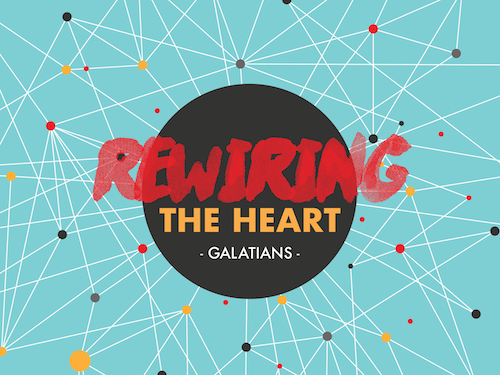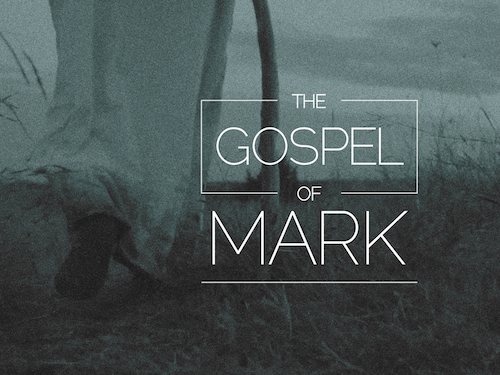Paul was deeply connected to his story. The story of Israel defined his life. He was a Jew of the highest order–a Pharisee, who was as devout as they come. He was both zealous for, and righteous under, the law as it was defined in Judaism during that time. However, in this passage, we see Paul explaining that a transformation took place in his life that caused him to see himself differently. It is as though Paul is saying in this passage, “I thought I knew my story, until I met Jesus. Then my dead story came to life.”
Watch Out For Dead Stories
Paul begins this section of his letter with language that shows his care for this church. He tells them to “look out” for those who would come in propping up dead stories. A dead story is anything that promises life, but isn’t Jesus. This could be something very good, not necessarily something bad.
Our world is filled with dead stories, because our world is filled with human beings that are broken by sin and long for the peace of God.
Paul was steeped in his story and deeply connected to it. He was dedicated to his life as a Jew, and if credentials were needed to find favor with God, Paul had nearly all of them. However, Paul clearly shows that his dead story was changed and transformed when Jesus made himself known to Paul. He then is able to declare, “I count everything as loss because of the surpassing worth of knowing Christ Jesus my Lord.”
Saturate yourself In Jesus
This young church was the first congregation planted in Europe. In Acts 16, you can read about their birth. This story includes a savvy business woman and suicidal jailer coming to know Jesus, as well as a slave girl who is freed from her slavery. This church in Philippi had a strange beginning, but most churches are started in strange ways. Paul could attest to this reality. But just as Jesus did with Paul, he took the dead stories in Philippi and brought them to life.
I believe Paul had all of this in mind as he wrote this letter of love to this church. He pleaded with them to saturate themselves in Jesus and that at the end of the day, to know Jesus is gain. At the very center of the Gospel is a person, not a point or an idea.
We can pursue great things, accomplish mighty feats in history, give all that we have away, develop the most pious thinking, taste the richest pleasures of this world, but without Jesus, those stories are dead. Knowing Jesus, this is gain.














































